20 people whose ideas were considered crazy - but they turned out to be right (21 photos)
Over time, the truth always comes out. History shows that some people who were once considered crazy for their ideas and suspicions have actually turned out to be right. Users of the Reddit forum shared the most famous similar stories. 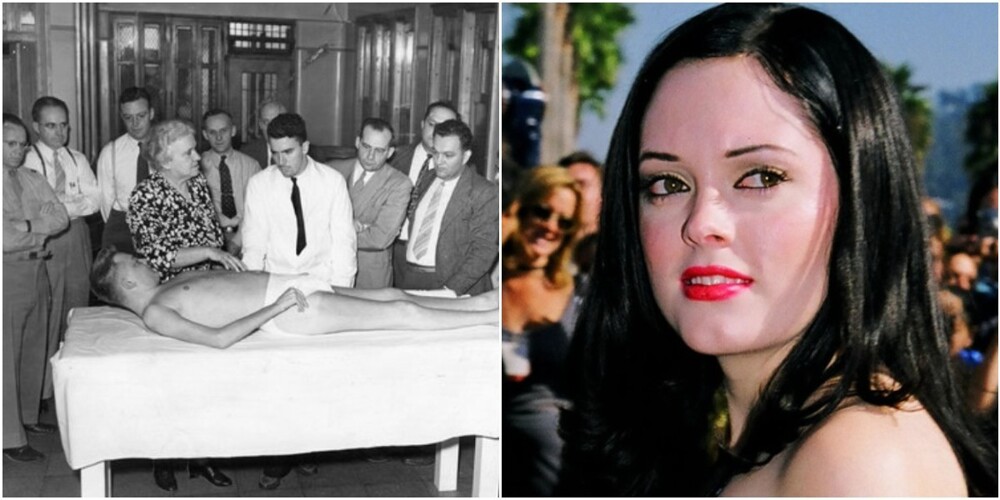
1. Nurse Elizabeth Kenny and her physical therapy for polio victims 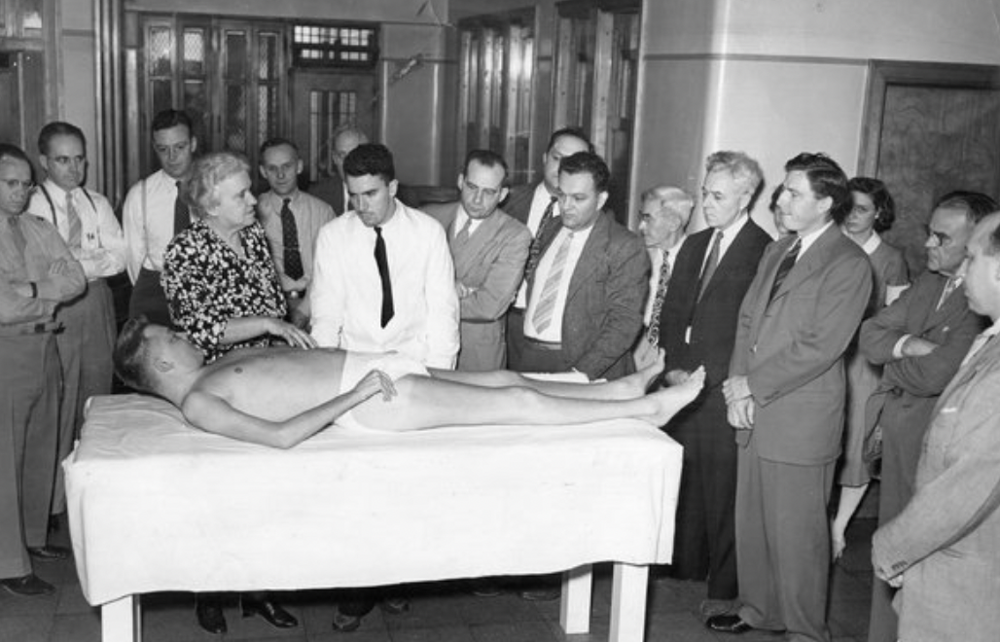
Australian nurse Elizabeth Kenny, who worked from the 1920s to the 50s, developed her own approach to treating polio. At that time, treatment consisted of fixing the affected limbs with plaster casts, as a result of which the patient remained crippled for life. Kenny suggested applying hot compresses to the affected areas and moving them passively. However, this idea was not accepted for a long time in the medical community. Mostly because she was a woman and "just a nurse." But in the end, her methods of muscle recovery became the basis of physical therapy in such cases.
2. Christine Collins 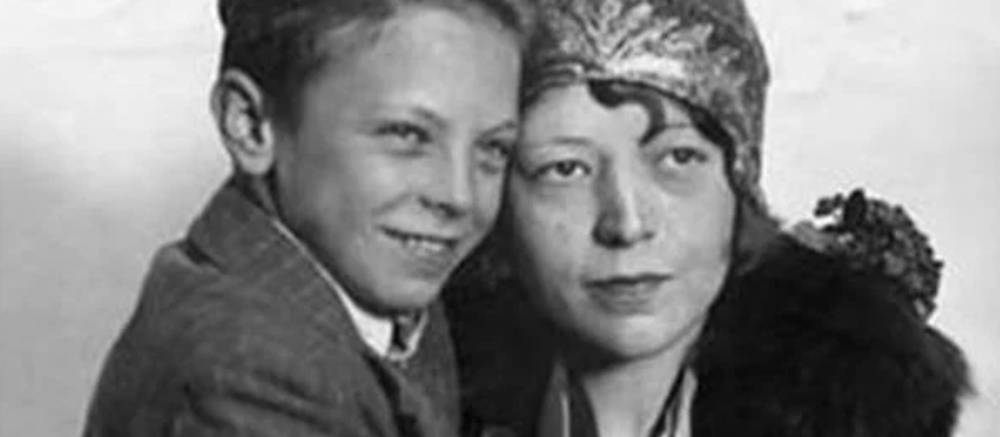
Christina Collins, played by Angelina Jolie in the movie Changeling, has lost her son. The police found him, but the woman said it was not her son. Despite the fact that she had evidence, the officer in charge of the case suspended her from work and sent her to the psychiatric ward of the county hospital. Even when the boy admitted that he really was not her son, more than a week passed before Christina was released.
3. Japanese Mayor Kotoku Wamura 
Kotoku Wamura was the mayor of the Japanese city of Fudai for a long time (1940-1980s). After learning that the city had been destroyed by a tsunami in the past, Wamura decided to invest in building a huge protective wall. The project was very expensive, and its idea was actively criticized. Wamura built the wall anyway, and died in 1997. In 2011, a tsunami hit Japan, killing 20,000 people. The wall worked as planned - it protected Fudai, and the city remained virtually untouched.
4. Austrian physicist Ludwig Boltzmann 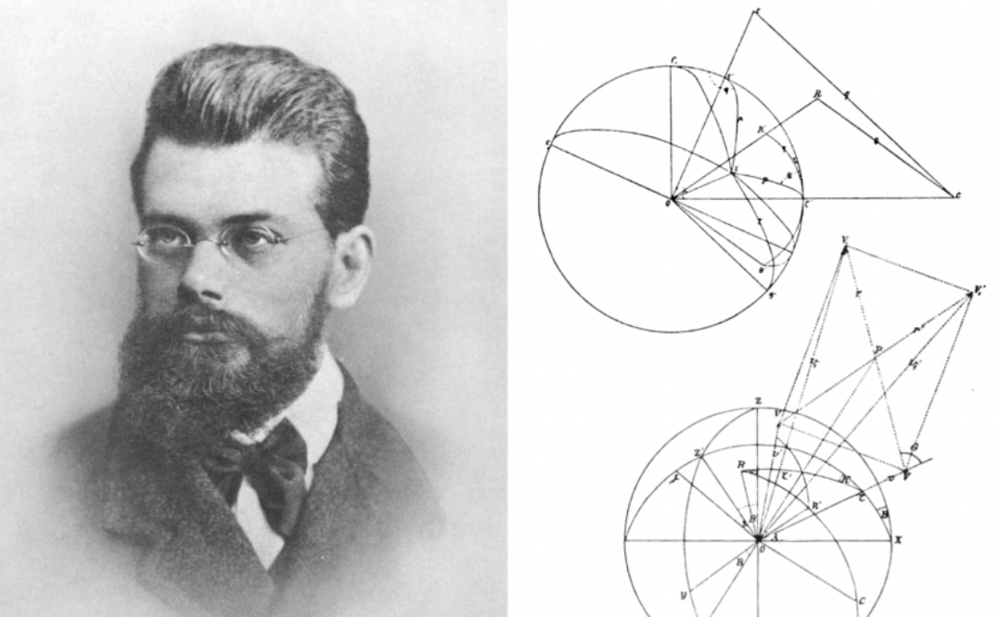
Ludwig Boltzmann's equations and formulas explained the physical properties of matter, but because they went against the then accepted laws of physics, he was ridiculed and ignored. This happened for many years while he fought for the acceptance of the atomic theory. He committed suicide just 3 years before Ernest Rutherford proved his theory.
5. Canadian philosopher Marshall McLuhan 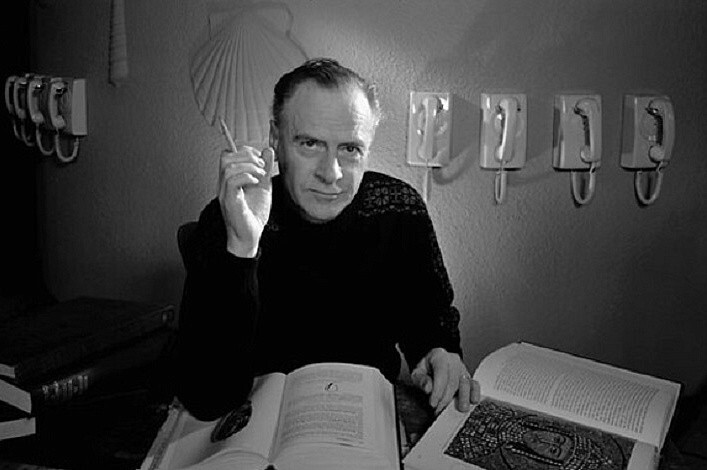
Marshall McLuhan, back in 1964, put forward theories about how the use of different media changes the way we think and interact with each other. He "predicted" the advent of the Internet and said that worldwide "instant communication" would one day create "tribes" of people focused only on their own "echo chambers." For these ideas he was considered crazy.
6. Lindy Chamberlain-Creighton 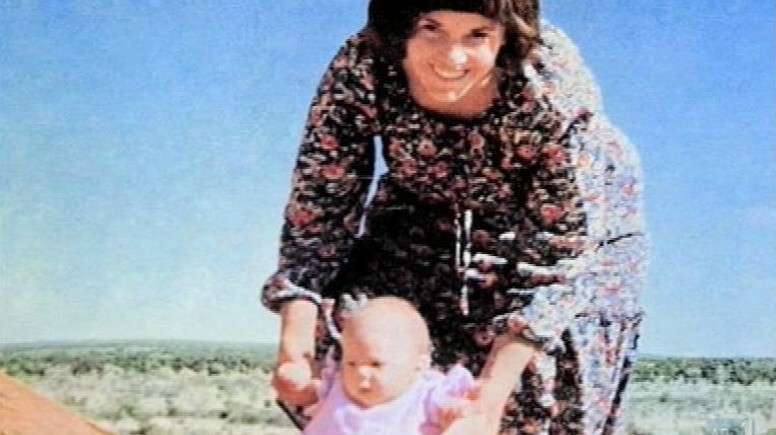
Australian Lindy Chamberlain-Creighton was accused of killing her nine-week-old daughter Azaria during a camping trip in 1980. A woman claimed that her daughter was killed by a dingo dog. But the court did not believe her and convicted the mother. Only a few years later, after the discovery of evidence - clothes similar to those worn by Azaria - Chamberlain was released from prison under an amnesty.
7. Australian doctor Barry Marshall 
Barry Marshall proved that most stomach ulcers are caused by the bacterium Helicobacter pylori. But getting people to believe it was not easy. It was believed that lifestyle and excess stomach acid contributed to ulcers, so when he suggested that a bacterial infection might be the cause, no one believed him. In 1984, Marshall himself drank a culture of bacteria isolated from a patient, and he developed an ulcer, which he successfully cured. For this discovery, he and another scientist, Robin Warren, received the Nobel Prize.
8. Hungarian doctor Ignaz Philipp Semmelweis 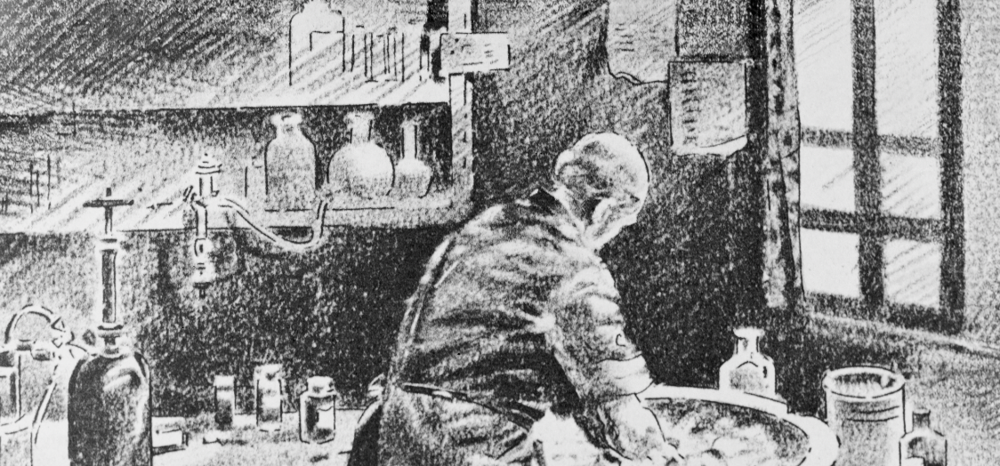
In 1846, Semmelweis came up with the idea that hand washingcan prevent the spread of diseases in hospitals. At one time he was ridiculed and sent to a psychiatric hospital. As a result, he became one of the founders of asepsis, and still introduced washing of hands and instruments with chlorine water in medicine.
9. British historian Philippa Langley 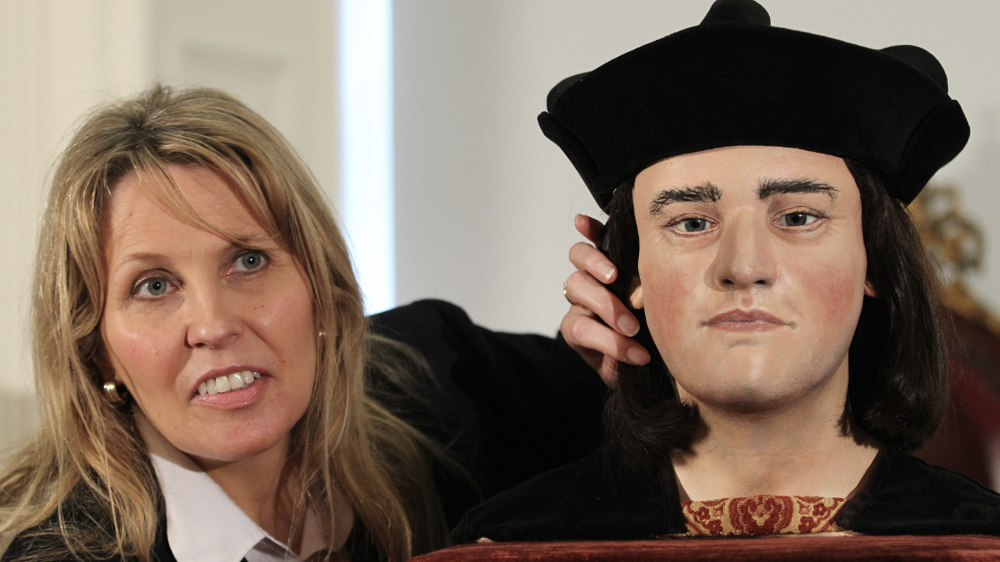
Philippa Langley believed that Richard III was buried under a car park in Leicester. They didn’t really believe her, but she organized the start of the excavations at her own expense. In the end, her assumption was confirmed.
10. Baseball player Jose Canseco 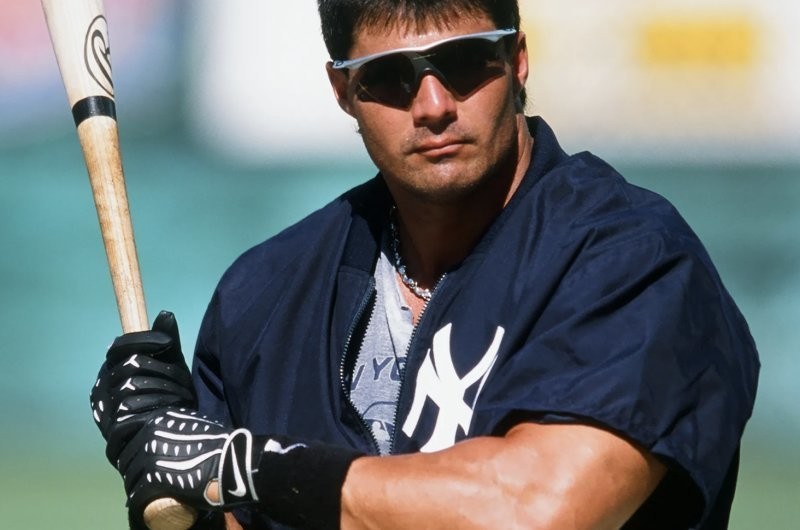
Jose Canseco was one of the first athletes to openly discuss how common steroid use was in the 90s and 2000s. People actively criticized his statements, thinking that he was just trying to attract public attention. But later his ideas began to be taken seriously.
11. Actress Rose McGowan 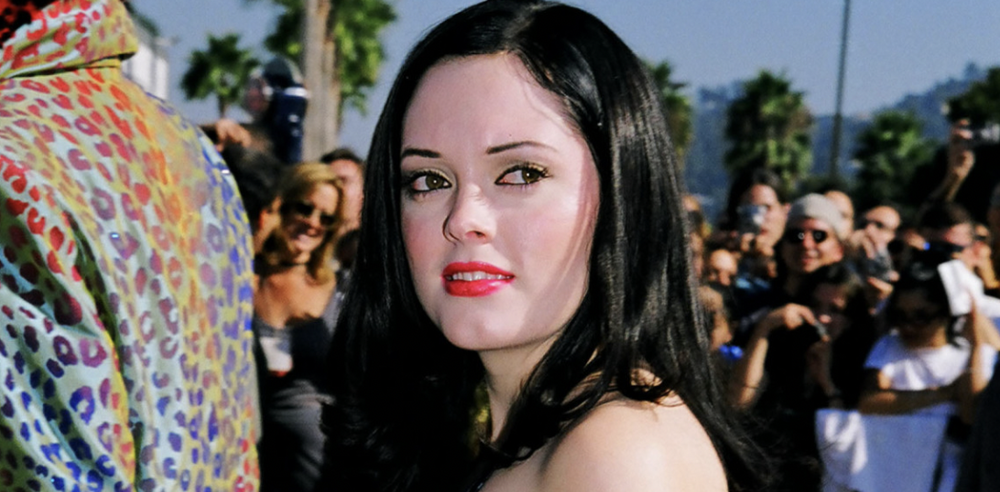
Rose McGowan claimed that she was being spied on and that former Mossad agents (Israel's national intelligence service) were involved. Nobody believed her and they called her crazy. It turned out to be true. Producer Harvey Weinstein had an "army of spies" who followed his sexual assault victims to keep them silent. In February 2020, the court found Weinstein guilty of sexual assault and rape.
12. Race car driver Jackie Stewart 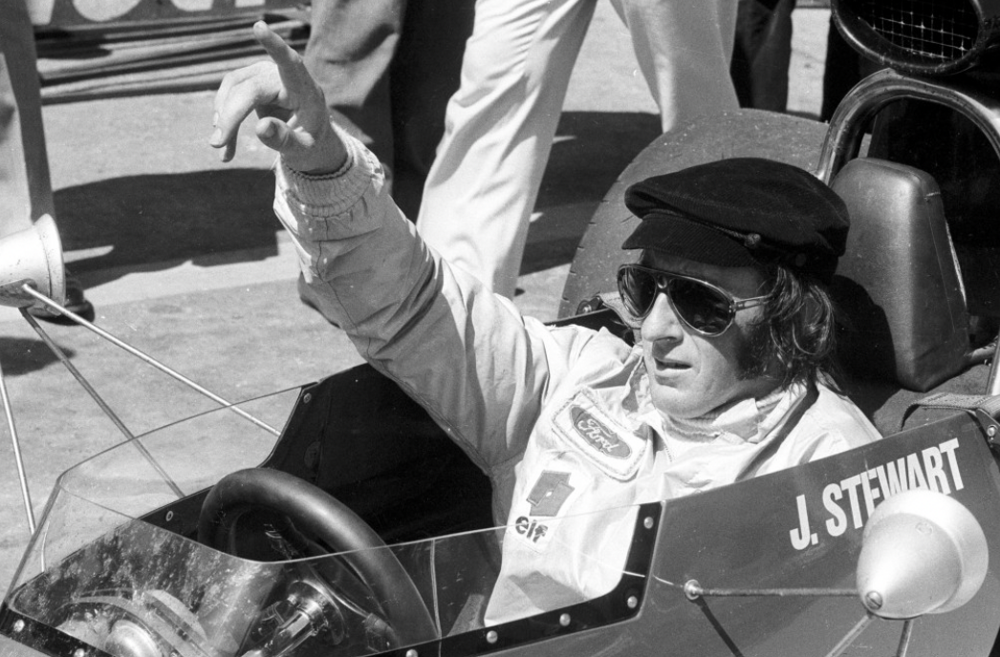
Stewart actively fought for the safety of auto racing: he called for increased safety on the tracks, in cars, and also sought to improve the qualifications of medical personnel. According to the racer himself, they often tried to “shut him up.” But later he turned out to be right. Much of what Stewart insisted on then is required in almost every racing event today.
13. Martha Mitchell 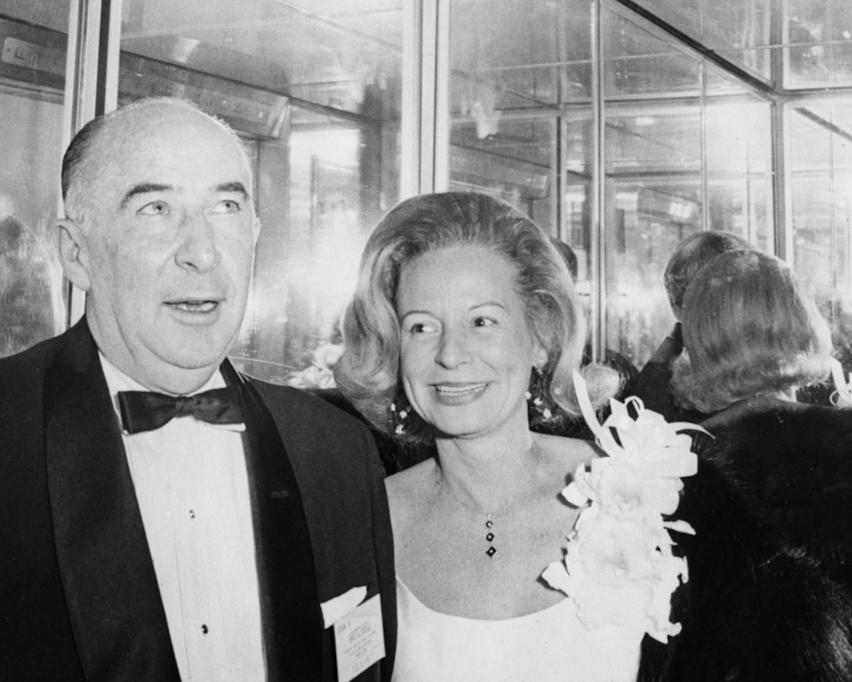
Martha Mitchell, the wife of the Attorney General in the administration of US President Richard Nixon, accidentally found materials compromising high-ranking officials and tried to distribute them. No one listened to her - she was even considered mentally ill. Then one of the biggest political scandals occurred - the Watergate scandal, which ended with the resignation of the president. Mitchell turned out to be right, and she was trying to warn the public for a reason.
14. French scientist Louis Pasteur 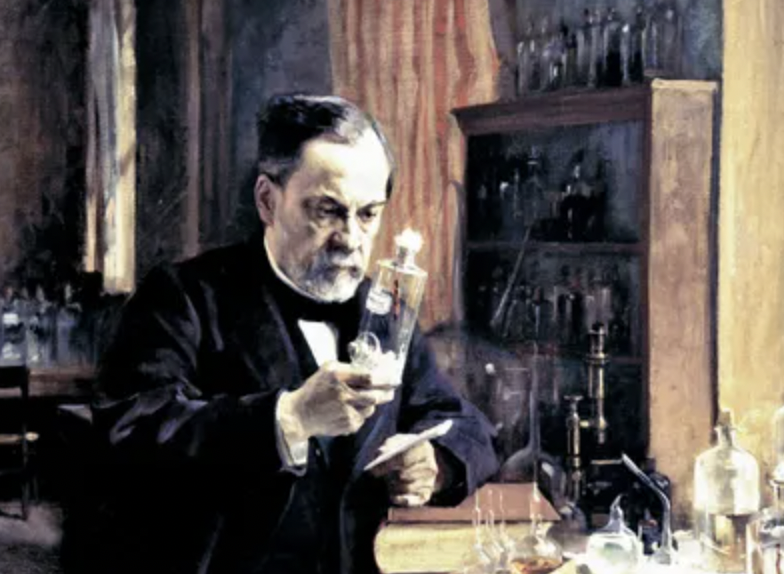
Louis Pasteur argued that fermentation is not a chemical process, but a biological one, that is, the result of the reproduction of certain microorganisms. He also tried to prove that they are the cause of disease in humans and animals. Other scientists thought he was crazy, but in the end he was right. Pasteur became one of the founders of microbiology, created the scientific basis for vaccination and vaccines against rabies, chicken cholera and anthrax.
15. US Air Force Lt. David Steves 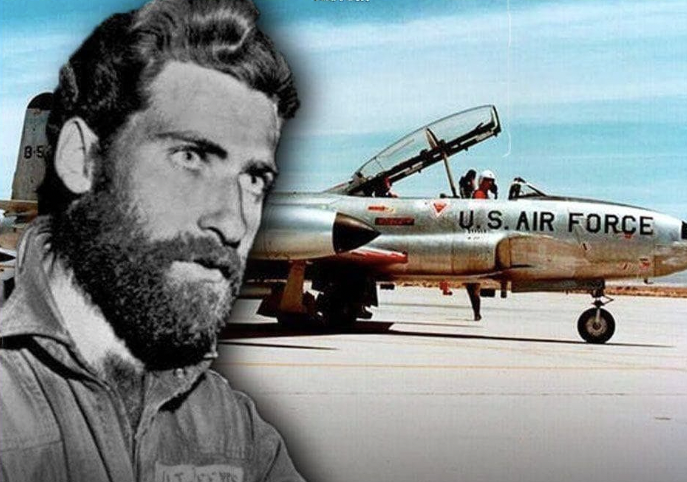
On May 9, 1957, he was on a mission to move Lockheed's new T-33 training aircraft from one base to another. The plane disappeared from radar and the Air Force was unable to find it, and Steves was declared dead. 54 days later, Steves was found: he appeared in the Sierra, severely emaciated and limping. He was accused of espionage and that he sold the plane to the Russians. The lieutenant never proved during his lifetime that he was not in fact a spy, but heroically survived the crash.
16. UK Post Office Staff 
Scores of British postal workers have been fired and prosecuted for theft. Many of them worked at the post office almost their entire lives. Some have developed mental health problems amid the abrupt layoffs. But for many years they tried to prove that they were not guilty of anything. Only 20 years later it turned out that all these employees were right. They were falsely accused due to a bug in the CCTV software.
17. German geophysicist Alfred Wegener 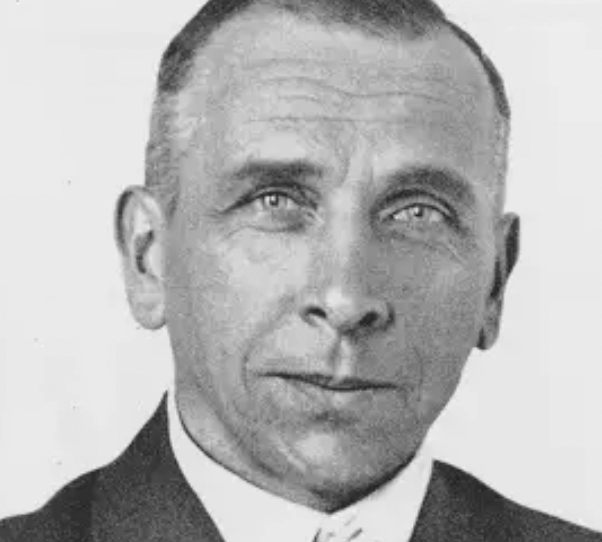
Alfred Wegener first put forward the theory of continental drift. Geologists of that time considered his ideas strange and rejected them. As a result, his theory was proven: his hypothesis has been developed in our days toJSC "Theory of lithospheric plates".
18. John Lydon, frontman of the Sex Pistols 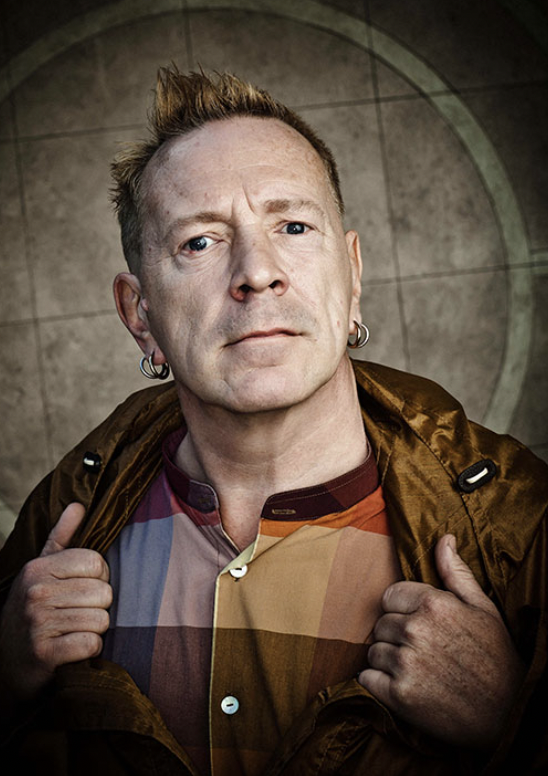
John Lydon tried to convey to the world information about the crimes of Jimmy Savile, a famous TV presenter who turned out to be a rapist and maniac. He hinted at this in an interview in 1978. However, no one believed him and he was banned from appearing on the BBC.
19. Investigator Harry Markopolos 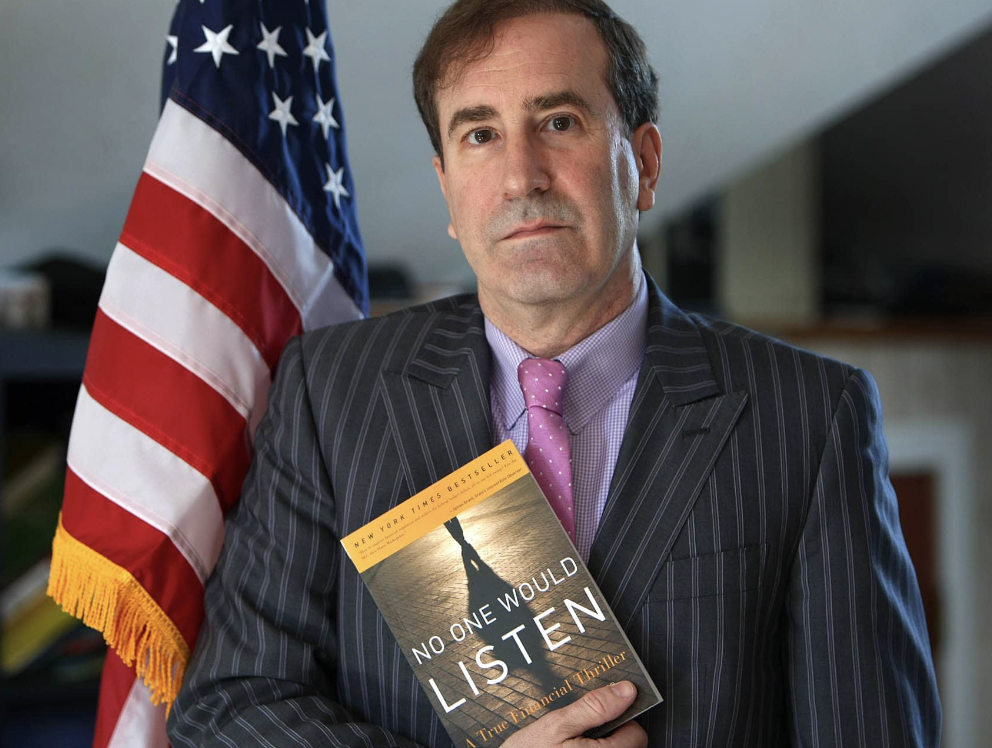
Harry Markopolos claimed that American Bernie Madoff's financial business was a huge Ponzi scheme (a type of financial fraud where existing investors receive money from funds raised by new investors). Nobody believed him, but later it turned out to be true.
20. Patients with dementia 
"Some elderly patients with dementia in a nursing home in my city constantly complained that they were not given food. Everyone thought that they simply forgot that they had already eaten. But it turned out that the nursing staff, among other abuses, did not always give everyone food."


























